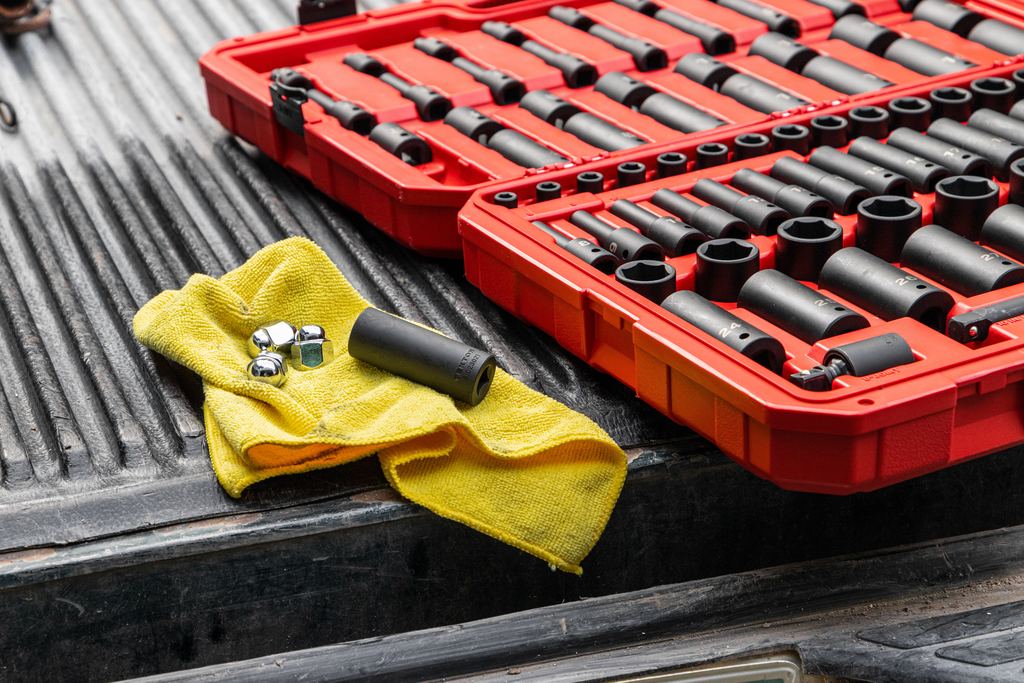
Introduction:
Large block truck engines are the workhorses of the transportation industry, providing power and reliability for heavy-duty vehicles. However, like any engine, they require regular maintenance and occasional repairs to ensure optimal performance and longevity. In this blog post, we will delve into the world of large block truck engine repair, exploring the essential tips and practices that every vehicle and truck owner should know. Whether you’re a fleet manager, a truck driver, or a vehicle enthusiast, this guide will empower you to tackle engine maintenance and repair with confidence.
Understanding Large Block Truck Engines:
Large block truck engines are known for their high displacement, robust construction, and ability to generate substantial torque. They are commonly found in commercial trucks, heavy-duty pickups, and other industrial applications. These engines are designed to withstand rigorous demands and extended periods of operation, making them a crucial component of the transportation industry.
Key Tips for Large Block Truck Engine Repair:
1. Regular Maintenance Checks: Just like any engine, large block truck engines require routine maintenance to ensure optimal performance. Regularly inspect and replace filters, belts, hoses, and fluids as recommended by the manufacturer. Keep a maintenance schedule to track service intervals and prioritize preventive measures.
2. Monitoring Fluid Levels: Fluids play a vital role in engine lubrication, cooling, and overall performance. Regularly check and maintain proper levels of engine oil, coolant, transmission fluid, and power steering fluid. Monitor for any signs of leaks, discoloration, or contamination, and address them promptly.
3. Cooling System Maintenance: Large block truck engines generate significant heat, necessitating a robust cooling system. Inspect the radiator, fan, and water pump for any signs of damage or malfunction. Regularly flush and replace coolant to prevent overheating and maintain optimal engine temperature.
4. Air Intake and Exhaust Systems: Ensure the air intake and exhaust systems are clean and free from obstructions. Clean or replace air filters regularly to maintain proper airflow and prevent engine damage. Inspect the exhaust system for leaks or damage, as these can negatively impact engine performance and emissions.
5. Fuel System Inspection: The fuel system plays a critical role in engine performance and efficiency. Regularly inspect and clean fuel injectors, filters, and lines to prevent clogging. Monitor fuel pressure and ensure the fuel pump is functioning correctly. Regularly inspect and replace the fuel filter as recommended.
6. Electrical System Check: The electrical system of a large block truck engine is crucial for proper functioning and starting. Inspect the battery, starter, alternator, and wiring for signs of damage or corrosion. Ensure proper battery charging and maintain clean and tight connections.
7. Professional Engine Diagnostics: In the event of engine issues, it is advisable to consult a professional mechanic or engine technician experienced in large block truck engines. They can perform diagnostic tests using specialized tools and equipment to identify and address specific problems efficiently.
8. Regular Oil Changes: Large block truck engines endure heavy loads and long hours of operation, placing significant demands on the oil. Regularly change the engine oil and filter to maintain proper lubrication and prevent engine wear. Follow the manufacturer’s recommendations for oil type and change intervals.
9. Addressing Common Issues: Large block truck engines may encounter common problems such as overheating, oil leaks, worn-out gaskets, or malfunctioning sensors. It is essential to address these issues promptly to prevent further damage and ensure the engine operates at its best.
10. Following Manufacturer Guidelines: Always refer to the vehicle’s owner’s manual and follow the manufacturer’s guidelines for maintenance, service intervals, and recommended parts. Manufacturers often provide specific instructions tailored to large block truck engines, ensuring optimal performance and warranty compliance.
11. Towing your truck to the shop: When you are not complete with the repairs – it is not save to drive it. Will need a towing company that specializes in this type of work.
Conclusion:
Mastering large block truck engine repair is a crucial skill for vehicle and truck owners, fleet managers, and anyone involved in the transportation industry. By adhering to regular maintenance checks, monitoring fluid levels, maintaining cooling systems, inspecting air intake and exhaust systems, and addressing common issues promptly, you can ensure your large block truck engine operates efficiently and reliably. When in doubt or faced with complex repairs, consult a professional technician with expertise in large block truck engines to ensure accurate diagnostics and effective solutions. By following these essential tips, you’ll be well-equipped to maintain and repair your large block truck engine, maximizing its performance and ensuring the longevity of your vehicle or fleet.